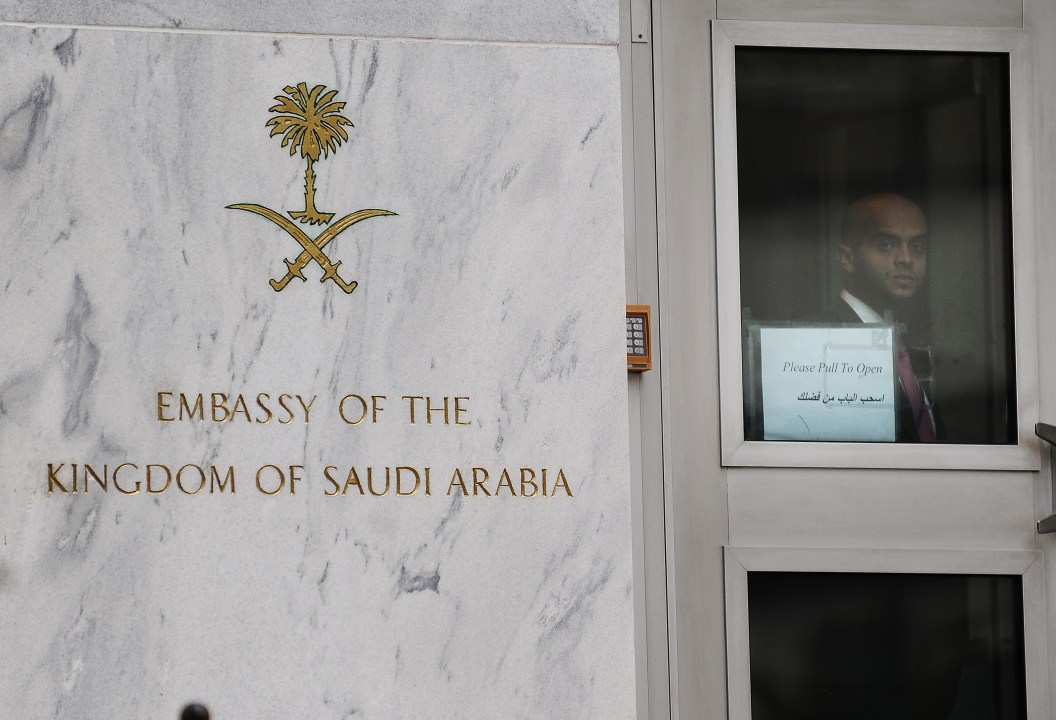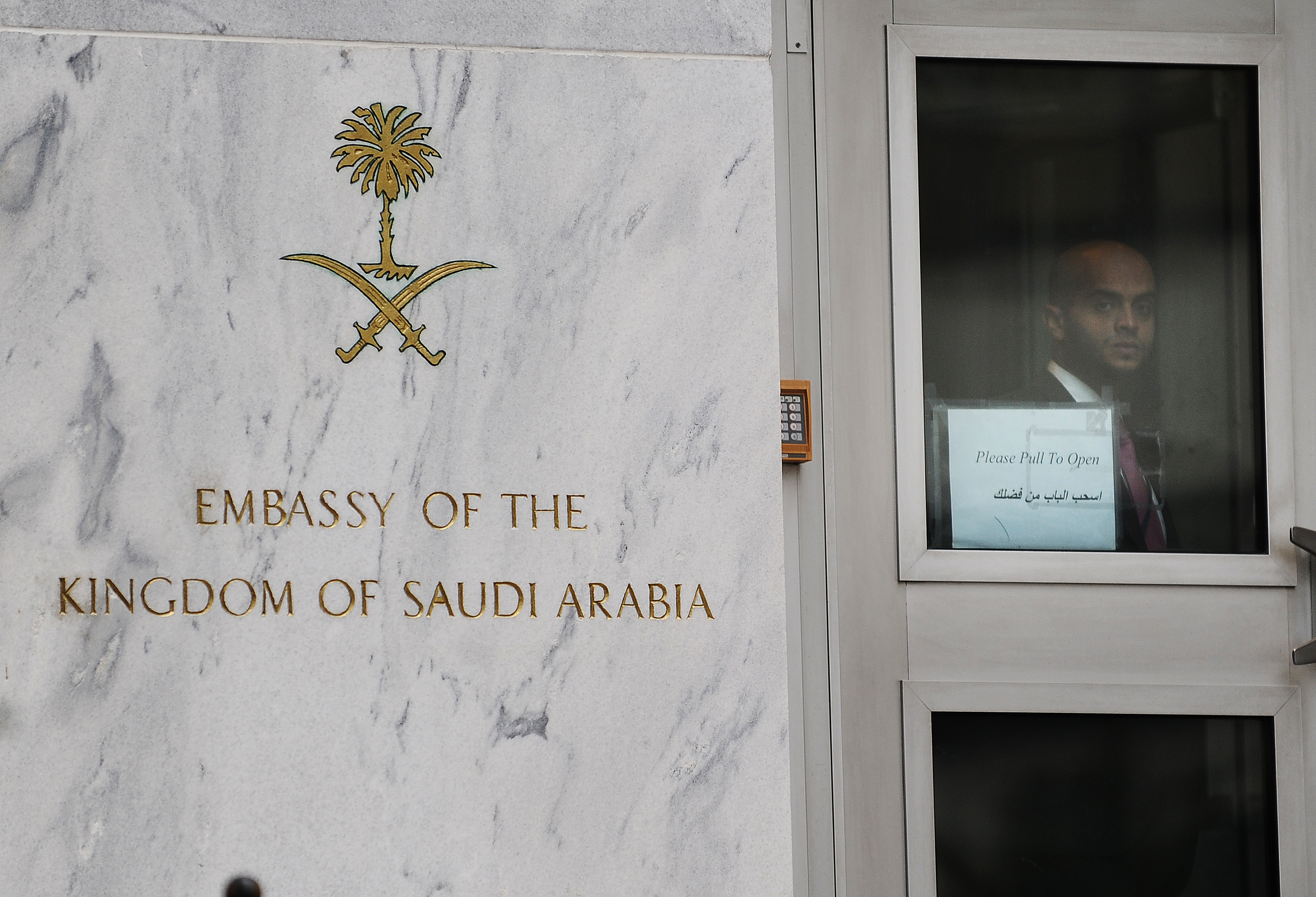 Yesterday — as Pete pointed out earlier — the Obama administration filed criminal charges against two individuals, Manssor Arbabsiar and Gholam
Shakuri, claiming that they worked with Mexican criminals and for the Iranian government on orders to assassinate the Saudi ambassador to the United States. The plot has met with denials from
Tehran, which “categorically and in the strongest terms condemn this shameful allegation.”
Yesterday — as Pete pointed out earlier — the Obama administration filed criminal charges against two individuals, Manssor Arbabsiar and Gholam
Shakuri, claiming that they worked with Mexican criminals and for the Iranian government on orders to assassinate the Saudi ambassador to the United States. The plot has met with denials from
Tehran, which “categorically and in the strongest terms condemn this shameful allegation.”
But, if true, the plot would only be the latest in a long-standing feud between Iran and Saudi Arabia. The struggle between Riyadh and Tehran has become the Middle East’s central conflict,
overshadowing even the Israeli-Palestinian conflict. The countries are divided by a Shiite-Sunni sectarian split and a Persian-Arab divide that is centuries-old.
When the Shah of Iran fell, the relationship went from bad to worse. The two countries fought through proxies in Lebanon, Iraq and now Syria. Saudi Arabia financed Saddam Hussein’s war
against Iran in the 1980s. In turn, Iran sought to undermine Saudi Arabia, even coordinating attacks during the hajj, the holy Muslim pilgrimage which is hosted in Mecca. The U.S. also holds
Iranian proxy, Hezbollah, responsible for the 1996 Khobar Towers bombing in Saudi Arabia that killed 19 U.S. airmen.
The question is whether the alleged Iranian plot is part of a strategy by the Iranian government or a rogue operation by the Quds Force, an elite unit inside the Revolutionary Guards, as the
capture in 2007 of 15 British sailors may have been. Either way, the operation could have been organised as revenge against the revelation in Wikileaks that in November 2010 the Saudi ambassador urged the U.S. to attack Iran and
“cut off the head of the snake.”
There are also questions about the main suspect in the case, the 56-year-old Iranian American Manssor Arbabsiar. A small-time fraudster and lowlife who lived in Corpus Christi, Arbabsiar may have
been the perfect agent for Iran; unremarkable and unlikely to call attention to himself. The use of a Mexican drug cartel would also fit a well-known modus operandi. Iran has in the past used
several layers to shield themselves from complicity in attacks. In 2008, Iranians are said to have used Hezbollah to reach out to Azeri terrorists in a plot to bomb the Israeli embassy in Baku.
Whatever the truth, the incident will raise temperatures across the Middle East. The US has launched a fresh round of sanctions against Iran, and Saudi Arabia can be expected to plot its own
revenge. As it faces a succession crisis, the Saudi government may also be tempted to take further steps towards a nuclear programme as deterrence against Iran. Meanwhile, oil prices can be
expected to rise.
Daniel Korski
Saudi and Iran at each others' throats







Comments